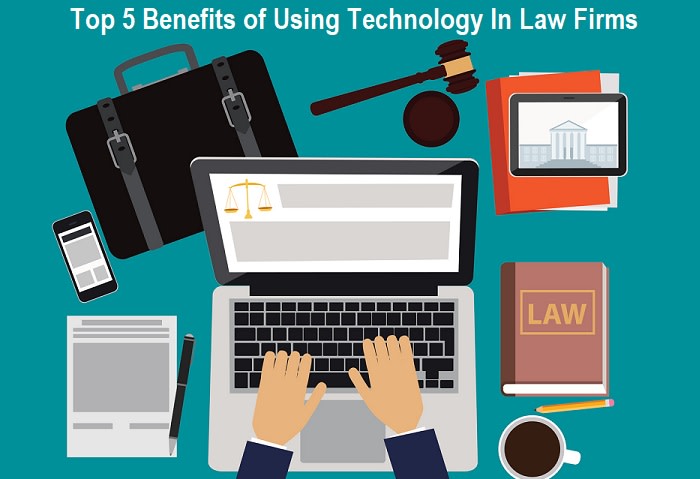Many trends are emerging in the legal sector. Most of them are helping the existing law firms and organizations become more productive, efficient and more competitive in the worldwide market. Some of the trends are arising due to changing attitudes, demographics and working styles. In fact, the future of the law sector will be more about the harnessing of technology. Here are some of the changes expected in this industry.
1. Legal Technology In Courts
In the near future, most of the people in the legal sector, including the senior judges, will highly depend on legal AI technology to get the data important in decision-making or end up losing credibility with the judged parties. In the courts, the use of videos will be more frequent as people are looking for ways to reduce expenses associated with physical hearings and to avoid travel of witnesses and parties to the few court centers.
However, there are problems to expect. The problems include the biases entrenched in the minds of sentencers and juries as compared to the live testimony. Technology to help in the prediction of case ruling is under development but seemingly, lawyers will play a vital role in litigation too. Technology is also likely to affect the non-automated dispute resolutions.
2. Robot Lawyers And The Legal Chatbots
Law firms have been creating attractive websites to help them compete for online interest, considering that tech-savvy customers are increasing. The clients want to chat with their lawyers both day and night throughout the week. The existing technologies can help lawyers remain ahead to do highly demanding clients. Chatbots can help them answer questions quickly, set-up face-to-face meetings, important when the establishment of new relationships and building of loyalty is important. Chatbots are likely to bridge the gap between law firms and lawyers.
3. Will Writing And Legal Technology
Traditionally, will writing has been a good source of revenue for solicitors and law professionals. And today, the area is more susceptible to automation. That might be the reason a technologist lawyer attempted to develop a good algorithm to help in this area 20 years ago. Some businesses have been seeing wills as a loss leader. Alternatively, wills are a fit for the businesses that specialize in funeral and probate services. Some law firms believe that wills are a big untapped market and they are offering online wills.
4. Legal Artificial Intelligence (AI)
Artificial intelligence (AI) will help lawyers work in a better way if they are able to remain the master and not find themselves replaced. Legal technology, which includes predictive coding and machine learning has taken root, especially in the digestion of large amounts of information, including contract reviews. The major law firms are using AI software to smoothen their daily operations. It helps in document review and gathering of data.
5. Legal Software In Law Firms
Software developers are now focused on the creation of tools that can help lawyers run their firms efficiently. The market offers a wide range of applications that can help improve the management of cases, market and improve the internal operations and services of law firms. With good legal software, law firms can collect and process data about their customers easily, comply with the data protection laws and mine their legal matters. They can also use the data associated with their functioning to know the areas to improve and remain ahead of the competition.
It is time for legal firms to start learning from the large corporations that have been devoting their resources to innovation. The explosion of innovations in the legal sector is likely to accelerate because the non-lawyers are snapping at the heels of law firms. Therefore, many developments are taking place and they are likely to affect what has been happening. With the technology advancements, law professionals will do the work they have been doing but in a more efficient way.



Top comments (0)